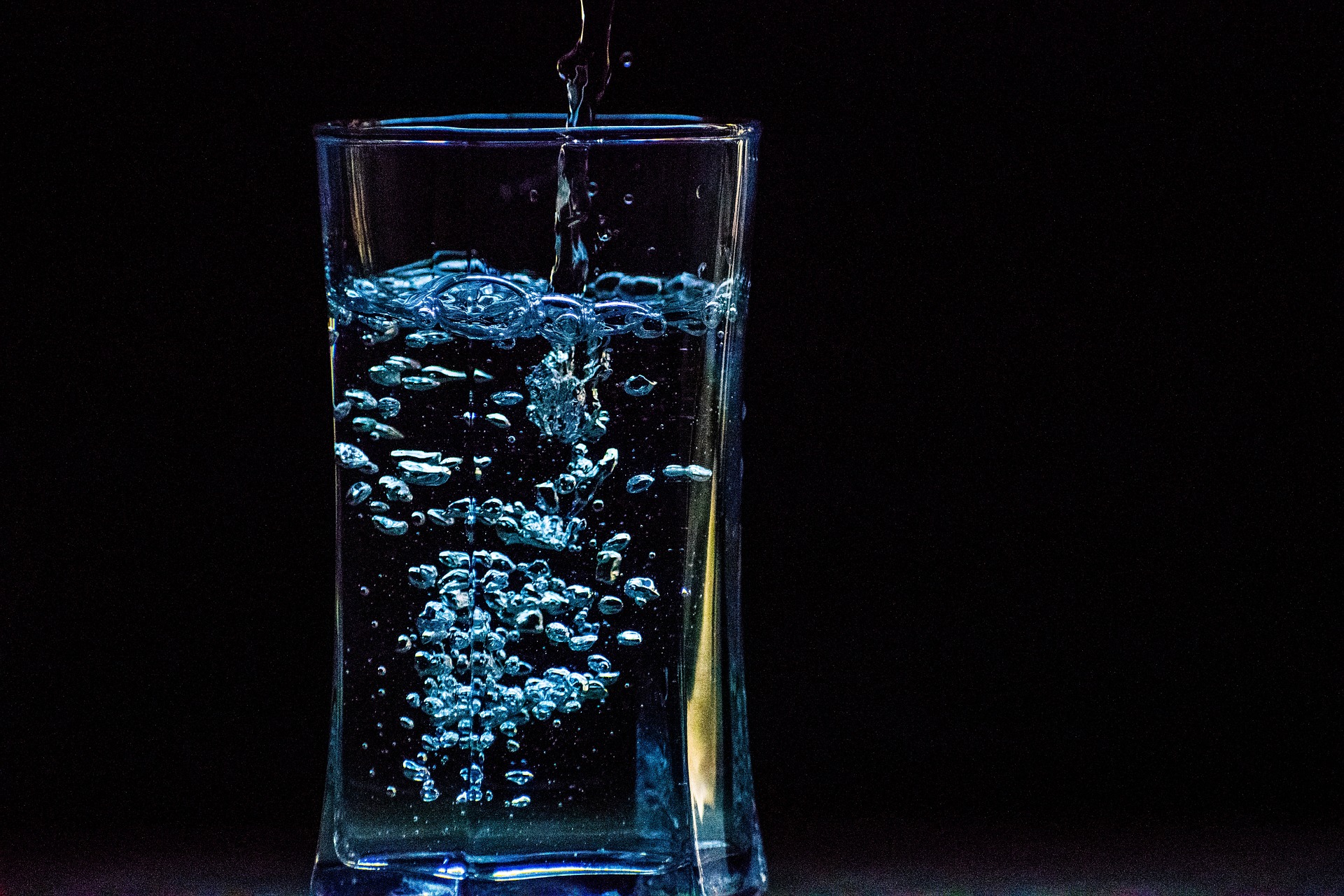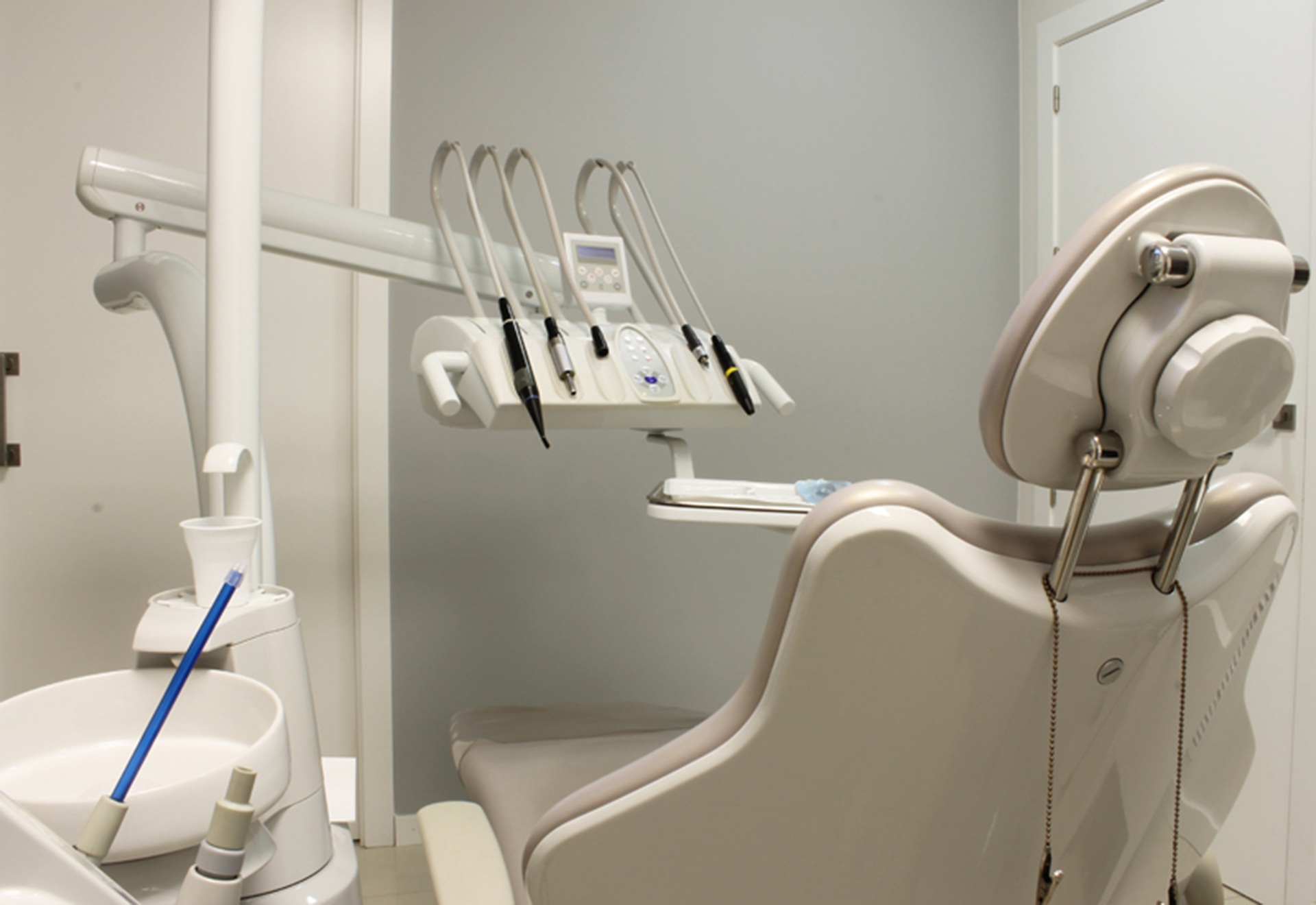There is an interesting study in California that compares the intake of calories for schools which has banned soda water vending machines. It was found that on average that students consume 158 fewer calories daily. These studies are of course not conclusive but it is encouraging to see that reducing the amount of soda being consumed can help to cut down on the amount of sugar a child can take.
I personally wish that more such studies can be conducted to show folks that cutting down these sugary drinks can help to reduce the obese problem that is facing America right now. In my previous post on New York City banning soda water, I argued that this is the right policy decision although it is likely to face much resistance from the companies that manufacture of best soda maker.
This is where studies such as what I have highlighted comes into play because they provide strong support for governmental policies. With scientific proof, it is being much harder to gain support from the rest of the community.
That being said, I also foresee the cases where companies will undertake their own research and prove that drinking soda water has no correlation with obesity. This is the kind of games that the Tabaco companies have been playing and I see soda water manufacturers doing the same thing. In fact, I am not so sure that smoking and drinking excessive soda water should not be on the same level of concern in everyone’s mind.
Readers, if you see more such reports, please share them here so that collectively, we can know for sure what are the health benefits of drinking less soda water.
5 Reasons Why You Need a Carbonated Water Maker
The carbonated water machine is about the size of a coffee maker and uses no batteries or electricity. All the work is done by a CO2 canister placed in the back of the machine.
It only takes a few seconds to enjoy nearly unlimited amounts of sparkling water and soda. Here are 10 reasons why you need a carbonated water maker:
1. You Control the fizziness
For seltzer loves, one of the best parts of a carbonated water maker is that you get to control the fizziness of your drinks. Some people prefer a gentle fizz. Others like lots and lots of bubbles. Usually, it only takes 2-3 button presses to fully carbonate a liter of water. I always add an extra push of the button.
2. Drink Healthy
Not only do you control the fizziness, you also control all of the ingredients. This provides an excellent opportunity to teach your family about healthy alternatives to high-fructose corn syrup name brand sodas. Instead of sugary syrups, why not use a squeeze of lime juice or a splash of cranberry juice. You can also make your own flavors with ginger, tea bags, or anything else you find in your kitchen.
In addition to flavors, you also control the water source. You can use ordinary tap water, or you can use chilled water from a water filter.
3. It is good for the environment
Many people would argue that this is the most important benefit of owning a home carbonated water maker. Most of these machines include one or more reusable soda bottles that are good for three years or more. By reusing your bottles instead of throwing them away, you greatly reduce your plastic bottle waste. Reusing is even better than recycling.
Secondly, these machines help you reduce your carbon footprint. There is no point in paying for someone else to manufacture, fill up, and then truck plastic bottles around the country when you have all the materials at home.
4. Cut your grocery store bill
The CO2 canisters included with most carbonated water machines are good for about 60 liters of carbonated water. Large sizes are also available. Name brand sparkling water can cost several dollars per liter at the store. Home seltzer machines can make a liter of carbonated water for about 15-20 cents per liter.
5. Unlimited Carbonated Water, Seltzer Water, and Club Soda
Since you have all the materials at your fingertips, these machines can make virtually unlimited amounts of carbonated water on demand. If you run out of soda at a birthday party or club soda at a cocktail party, it only takes a few seconds to make more. You won’t have to run off to the store to buy more.
Read Also :






















